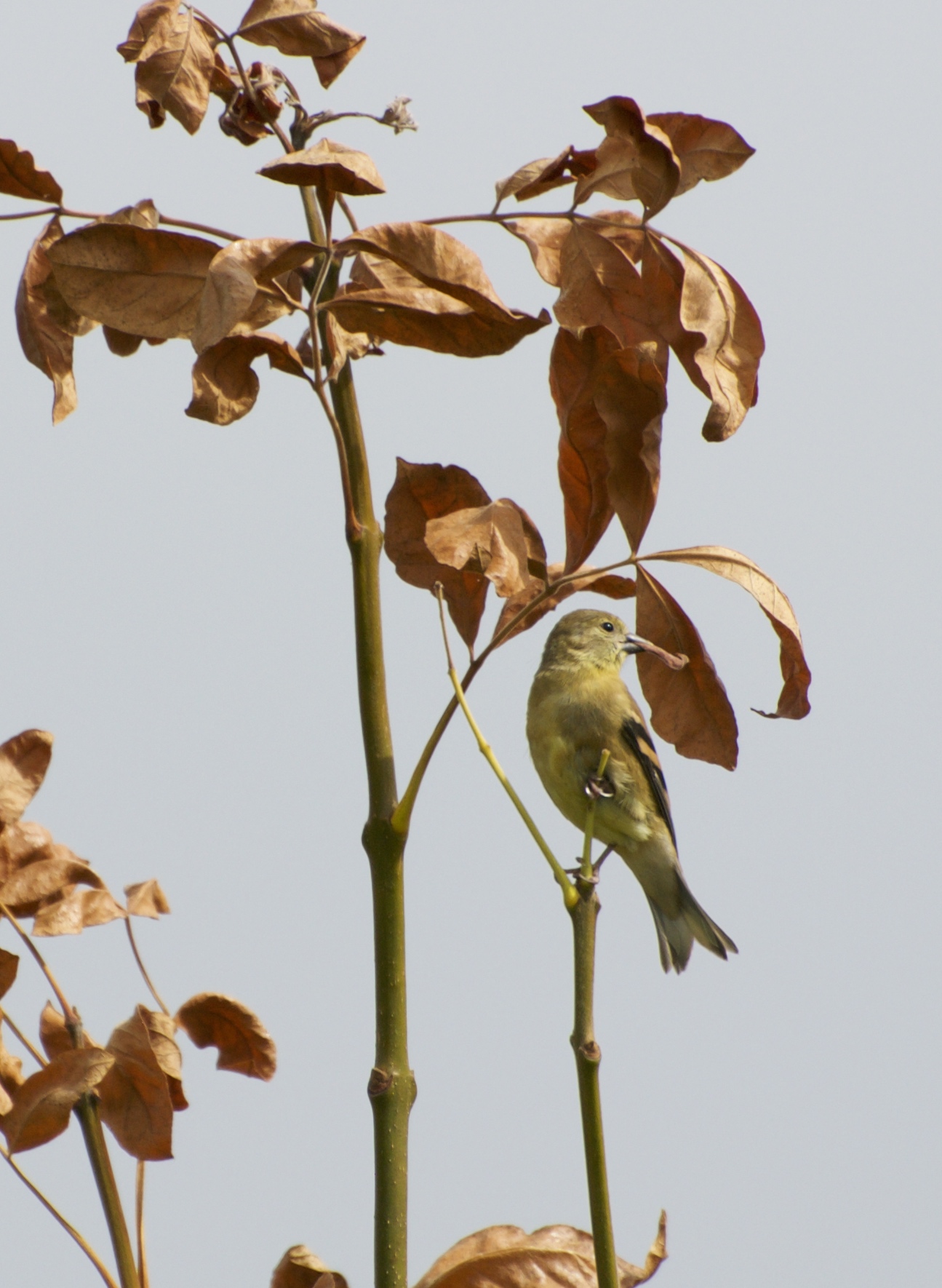During a walk at Jackson Bottom, a nature preserve in Washington County, I learned that two of the three osprey fledglings I had watched over the last months died during a a recent thunderstorm. They were pelted with hail that eventually led to hypothermia, with the parents only able to shelter one of the babies. The unusually early and intense heat led to a deluge that the birds could have weathered if it had come during the normal late summer when they’d be bigger. The change in weather patterns proves to be deadly for the vulnerable young. (Photographs today are from that walk.)


Thoughts about climate crisis – and who will inevitably suffer from it the most – pop up everywhere I look and in unanticipated corners. In the world of art the topic has now reached music at its most exposed: the Salzburg Festival opened with Mozart’s Idomeneo, using the generational divide and power hunger at heart of the opera to deliver a lecture about the fight against climate change for a younger generation who will bear the brunt of it. Director Peter Sellars:” There is a point in time when we need new stories. It is no longer acceptable to repeat the terrible cycle of human errors.”

The reviews have been stellar or trashing, dependent on who you read. All agree that the music is phenomenal, guided by conductor Teodor Currentzis and with the young American Nicole Chevalier as superb Elettra and Ying Fang as Ilia. Opinions split when it comes to the political message and/or the way it was conveyed. Here is Sellar’s summary of what he had intended with pictures from the production.


Who owns tomorrow? is a question that is of course not just linked to climate but also to social and economic justice. One of the most insightful as well as moving analyses can be found in the article attached below. The essay looks at causes and rates of suicide in the context of the factors named above, from the perspective of someone who lost 2 members of their immediate family to suicide. Before you say to yourself “there is only so much I can handle, with my heart and head full of horror already,” give it a chance if you have time. It is worth it. If not, here is one point I’ll cite:
A feature of the rise of social inequality in America has been the evaporation of public life, the decline in social experiences not organized around pay or profit. Networks of organizations, from trade unions to church groups to volunteer organizations to parent–teacher associations, have disappeared. Without these places, we all too often retreat into our respective corners, either to make plays at getting ahead, or to nurse our wounds when such risk-taking fails to yield results. People are tired of it all but find that they have no one to turn to: they are too suspicious of each other, too cynical about the motives lurking behind every attempt at fellow feeling and human connection. To get to the future we need, we are going to have to generate new collective lives out of the wreckage of neoliberal atomization. The easy part here is knowing why we need to fight; the hard part will be figuring out a way to come together.


The essay also refers to an earlier attempt in the arts to describe the price we pay for exploitative capitalism: Berthold Brecht’s 1930s movie Kuhle Wampe – Who Owns the World. Attached below, it has English subtitles and is a masterpiece of social realism during the Weimar Republic.
https://archive.org/details/KUHLE-WAMPE_WHO-OWNS-THE-WORLD


And here is Idomeneo in Salzburg in 1956! https://www.youtube.com/watch?v=TUT5AcAO-AA







Susan Wladaver-Morgan
There is a new work about climate change that just premiered last week right here in Oregon. It’s by Jake Runestad, that amazing young composer you profiled last year, and called “World on Fire.” I don’t think it’s been recorded yet, but check out his website for him discussing it at the keyboard.
Sara Lee
Eloquent, interesting piece by Peter Sellars. I think Idomeneo may be one of the HDLive pieces from the Met this season. Pretty flowers from FH, too!